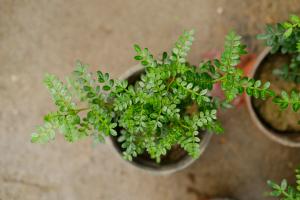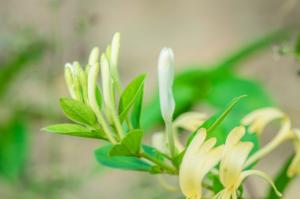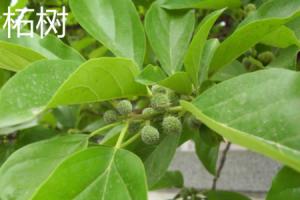Introduction
Water is a vital resource for plant germination, growth, and development. Understanding the impact of the amount of water on plant germination is essential for successful crop production and ensuring food security. The following article will explore the effects of different levels of water on plant germination, and how this can be applied in practical terms.
The Role of Water in Plant Germination
Water is a critical component in plant germination as it activates enzymes that catalyze metabolic processes necessary for growth and development. As seeds absorb water, metabolic processes activate, initiating the germination process. This results in a series of changes within the seed, including the breakdown of stored food, the production of energy, and the extension of the embryonic root and shoot.
Too Little Water
If the amount of water available for germination is insufficient, seeds may dry out, leading to decreased or stunted growth. Furthermore, prolonged exposure to inadequate water amounts may lead to a seed's death before it can begin to germinate. Soil that is too dry or exposed to high temperatures can cause water to evaporate from the seed before it can absorb it. In extremely arid conditions, germination may be delayed or even prevented.
Too Much Water
While water is essential, too much water can also have a detrimental effect on seed germination. Seeds may become waterlogged, leading to insufficient oxygen, which can cause the death of the embryo. Furthermore, waterlogged soils become compact, reducing the air spaces between soil particles, which can also suffocate the seeds. As a result, it is important to maintain proper soil drainage and ensure that soil moisture levels remain within the optimal range.
The Optimal Amount of Water
The ideal amount of water for plant germination varies depending on the type of seed and the environmental conditions. Most seeds require a minimum of 30% moisture content in the soil to germinate successfully. However, some seeds, like lettuce, require much more moisture, with a recommended soil moisture level of 80%. It is vital to monitor soil moisture levels frequently during the germination process to ensure optimal growth and development.
Practical Applications
Understanding how the amount of water affects plant germination is vital for gardeners and farmers alike. Growers can use this knowledge to improve harvesting yields and ensure optimal crop development. One application of this is that they can adjust irrigation schedules to ensure enough water is being provided for the specific crop or plant. They can also avoid planting during extremely dry conditions or periods of high heat or humidity to ensure the best chances of germination success. By optimizing soil and water management, growers can ensure that their crops thrive and support healthy ecosystems around them.
Conclusion
Water is a crucial factor in plant germination, and the amount of water provided can have a significant impact on seed growth and yield. By understanding how the amount of water affects plant germination, growers can make informed decisions about how to manage their crops' soil and water needs, ultimately increasing yields and supporting sustainable agriculture practices.

 how many times do yo...
how many times do yo... how many planted tre...
how many planted tre... how many pine trees ...
how many pine trees ... how many pecan trees...
how many pecan trees... how many plants comp...
how many plants comp... how many plants can ...
how many plants can ... how many plants and ...
how many plants and ... how many pepper plan...
how many pepper plan...































